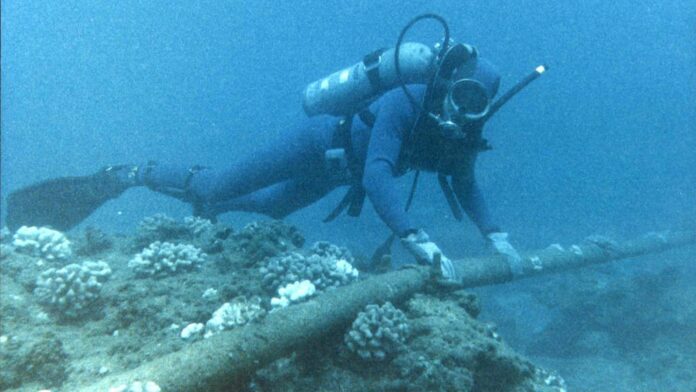- New subsea routes promise independence however expose new dangers throughout unstable areas
- The Black Sea has develop into the following frontier in Europe’s digital sovereignty battle
- Cable sabotage fears have turned telecom infrastructure right into a nationwide safety problem
A brand new undersea cable challenge is ready to hyperlink Bulgaria, Georgia, Turkey, and Ukraine with out passing via Russian waters.
The new Kardesa route, anticipated to start building in 2027, would set up a brand new digital hall between Europe and Asia, one which avoids the political and bodily vulnerabilities of current programs.
Currently, the Submarine Cable Map reveals just one cable crossing the Black Sea between Georgia and Bulgaria, with others connecting close by states however nonetheless touching routes influenced by Moscow.
Security beneath the waves
The Kardesa line may due to this fact change regional web routing by offering a extra direct and impartial hyperlink, at a time when the safety of world knowledge switch stays unsure.
Recent incidents within the Red Sea have revealed how fragile undersea networks might be, after a number of cables have been disrupted and world site visitors slowed between Europe, Asia, and the Middle East.
The thought behind Kardesa, and different initiatives akin to Meta’s deliberate 50,000-kilometer world cable, is to make sure that when one path fails or is sabotaged, one other can preserve service.
Some name this “route diversity,” and it’s rapidly turning into a strategic precedence relatively than a technical one.
Countries are actually investing in programs that may detect or deter sabotage. Germany’s AP Sensing developed sonar-based monitoring instruments to determine interference.
For extra safety, NATO has began utilizing drones to patrol maritime routes that host important infrastructure.
Even so, the declare that bypassing Russia routinely makes the web safer invitations skepticism.
Routing modifications may keep away from one geopolitical hotspot however expose others. Ukraine, via which a part of the Kardesa cable will cross, stays a zone of uncertainty.
The plan to run the cable solely via internationally acknowledged secure areas may restrict threat however can’t take away it solely.
Likewise, avoiding Russia doesn’t shield in opposition to cyber intrusion or distant interference with sign infrastructure.
As with digital privateness instruments akin to the perfect VPN or safe router, bodily safeguards provide solely a part of a posh resolution.
If this new connection succeeds, it may mark a shift in how Europe and its companions view on-line independence.
Via Tom’s Hardware

